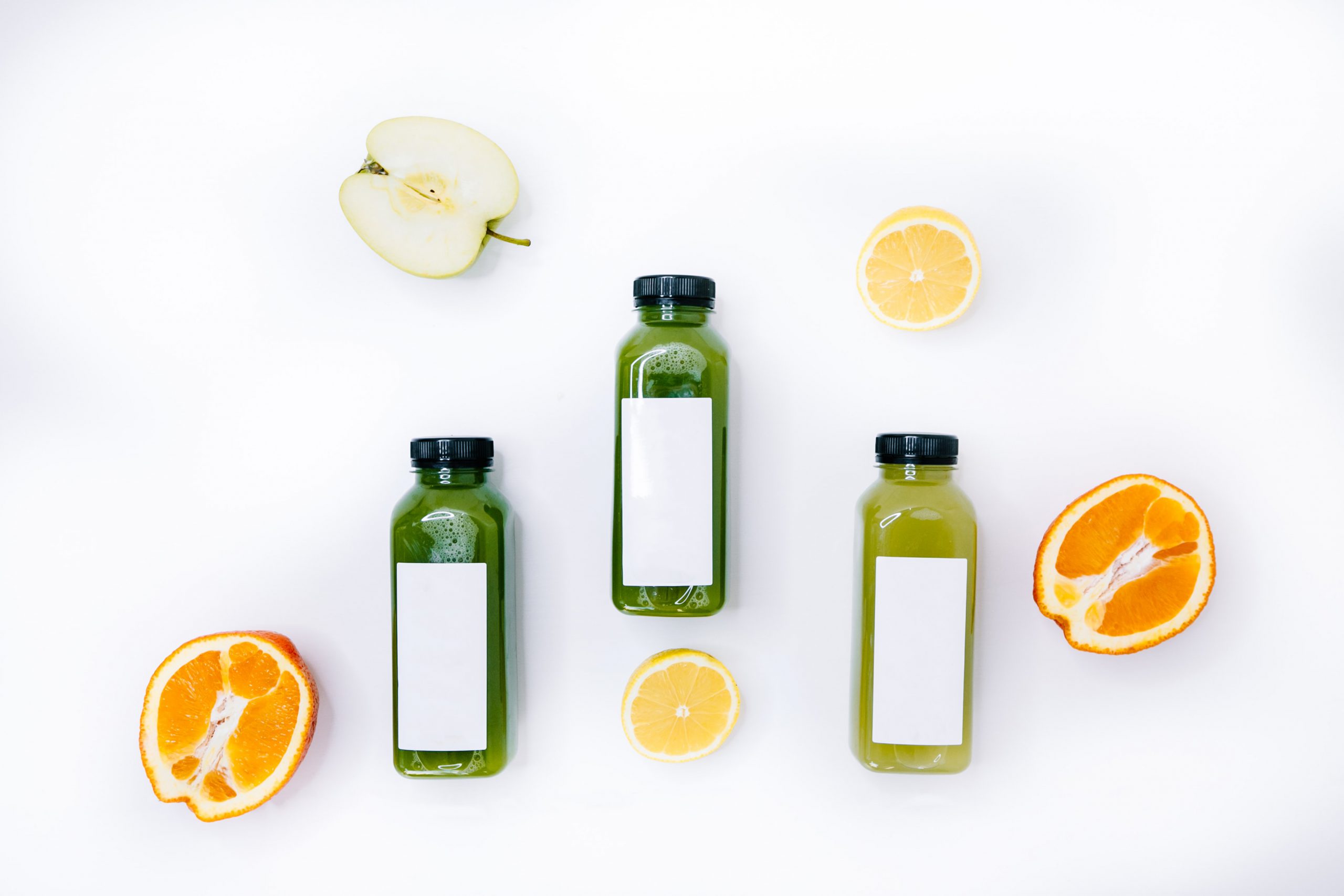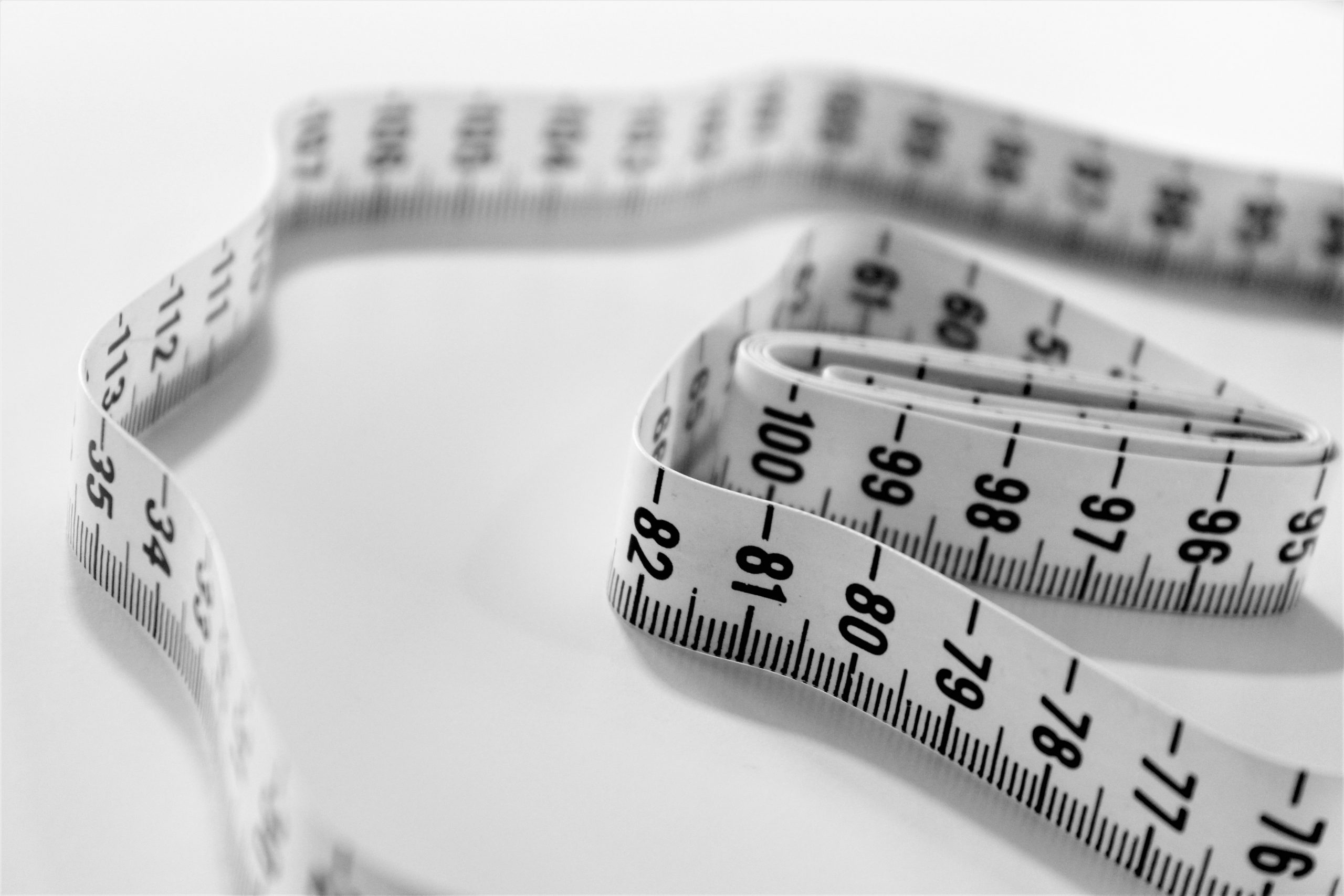
Nội dung bài viết / Table of Contents
Detox juice cleanse is a fad diet and many experts have opposed the practice due to their known harmful effects. However, misinformation remains prevalent and many people still spend stacks of money on it, in hopes of instant weight loss and achieving the “promised”, yet unproven health benefits. Detox juice cleanse brands tend to overclaim benefits, cherry-pick scientific journals, twist experts’ words to support their wishful-thinking points, and underplay (or straight up not disclose) the potential dangers of their program in order to sell more products.

Credit: Birgith Roosipuu on Unsplash
Here are proven potential dangers of doing detox juice cleanse you need to keep in mind before deciding to try this method in the future.
According to the MNT, a juice cleanse is a type of diet that involves consuming only juices from vegetables and fruits in an attempt to lose weight and detoxify the body. It is extremely restrictive since it completely eliminates several essential food groups and is very low in calories.
The ads for juice detox cleanses often falsely claim that it can help you lose weight in a “healthy way”, increase focus & energy, remove toxins, and reduce inflammation. In contrast, experts believe that they are not backed up with relevant scientific evidence and could bring more harm than good.
Furthermore, the advertising often plants fear that “your body is full of toxins and therefore needs to be detoxified” in your mind, and gradually makes you fall for it. However, unless you are experiencing an emergency medical condition (e.g. drug & alcohol poisoning) requiring detoxification done by medical providers, there is no need for you to worry about detoxification because your body is functioned to naturally remove or neutralize toxins through colon, liver, kidneys, lungs, lymph glands, and skin.
The dangers of juice detox stem from the food restriction of this method:
*Whole fruits and vegetables naturally contain fiber, but juices don’t, since fiber usually gets destroyed in the juicing process.

Credit: Siora Photography on Unsplash
Consuming extremely low calories for a prolonged period of time is not good for your body. Without sufficient calories, your body would not have the ability to optimally do its day-to-day functions. The side effects could go from brittle nails, hair thinning, fatigue, confusion and irritability, to something as dangerous as weakened immune, memory loss, heart damage, disrupted metabolism, and reduction in fertility. The initial weight loss effect that comes with it is also unhealthy and temporary at best, and in most cases would produce a yo-yo effect —when all the weight you’ve lost due to fad diets come back after you start eating normally again.
In addition, our body needs some essential proteins and healthy fats to stay healthy. Fruit and vegetable juices only contain carbohydrates (natural sugars) and protein in miniscule amounts, whereas our organs need all three macronutrients (carbohydrate, protein, fat) to function properly. The muscles need protein and certain groups of vitamins are fat-soluble. Completely eliminating or eating extremely low amounts of certain macronutrients, along with a very low calorie intake is not sustainable for the body. By doing so, you are quite literally depriving your body of the nutrients it needs to survive.
Experts have also found the link between solely drinking massive amounts of liquid for days and electrolyte imbalances. This could be really dangerous and lead to hospitalization. Certain types of vegetables that we can easily over consume in juice form, like spinach and beet, contain naturally-occuring high levels of oxalate. When consumed in large quantities, oxalate could increase your risk of kidney problems.
The weight loss effect from juice cleanses are temporary at best, and gaining it all back once you start eating normally is almost guaranteed. It is much better for you to lose weight healthily and sustainably through regular exercise and better food choices. Attempting to detoxify your body through juice cleanse programs is unnecessary, not backed-up by science, and can even be harmful to your health. If you have a specific medical reason that requires you to undergo detoxification, please go to a health service provider instead of putting your body at risk with at-home juice cleanses.
Instead of trying juice cleanse diets, it is recommended that we eat 4-5 servings of fruits and vegetables daily to maintain a healthy body. However, unlike fruits and vegetables in their juice form, it’s much harder to over consume when they are in their whole foods form, as the fibers are still intact and can make you full longer. For example, eating two oranges as a snack can make you satisfied, but drinking a glass of orange juice made of six squeezed oranges might still leave you hungry. To people who need to limit their sugar intake for medical reasons, eating whole foods rather than juicing them can make a huge difference.
Brown, M. J. (2019, October 4). Juicing: Good or Bad? Healthline. https://www.healthline.com/nutrition/juicing-good-or-bad#weight-loss.
Discovery Contributor. (2019, October 22). Juicerexia? The Dangers of Juicing Diets. Center For Discovery – Eating Disorder Treatment. https://centerfordiscovery.com/blog/juicerexia-dangers-juicing-diets/.
Harvard Health Publishing. (2008, May 1). The dubious practice of detox. Harvard Health. https://www.health.harvard.edu/staying-healthy/the-dubious-practice-of-detox.
Heid, M. (2017, November 18). Your Juice Cleanse Is Probably Doing More Harm Than Good. VICE. https://www.vice.com/en/article/pa34n7/juice-diets-are-bullshit.
Hu, C. (n.d.). Juicing: Body Cleansing or Nutrient Depleting? Explore Integrative Medicine. https://exploreim.ucla.edu/wellness/juicing-body-cleansing-or-nutrient-depleting/.
Khan, A. (2014, June 6). Juice Cleanses: Health Hocus Pocus. U.S. News & World Report. https://health.usnews.com/health-news/health-wellness/articles/2014/06/06/the-dangers-of-juice-cleanses.
Levi, A. (2020, January). Here’s Why You Really Don’t Need to Do a Juice Cleanse This Month-or Ever. Health.com. https://www.health.com/nutrition/cleanse-dangers.
McCallum, K. (2020, January 6). Are Juice Cleanses Actually Good for You? Houston Methodist On Health. https://www.houstonmethodist.org/blog/articles/2020/jan/are-juices-cleanses-actually-good-for-you/.
Migala, J., Kennedy, K., Haupt, A., Upham, B., Groth, L., Revelant, J., Bedosky, L., & Migala, J. (2020, February 18). Hold the Kale! Juicing May Be Bad for Your Health: Everyday Health. EverydayHealth.com. https://www.everydayhealth.com/diet-nutrition/hold-kale-10-reasons-juicing-can-bad-your-health/.
Nail, R. (2018, September 21). Juice cleanse: Benefits, risks, and effects. Medical News Today. https://www.medicalnewstoday.com/articles/323136#potential-benefits.
Nierenberg, C. (2014, November 25). 6 Potential Dangers of Juice Cleanses and Liquid Diets. LiveScience. https://www.livescience.com/48887-juice-cleanse-dangers.html.
Petre, A. (2017, January 30). 5 Ways Restricting Calories Can Be Harmful. Healthline. https://www.healthline.com/nutrition/calorie-restriction-risks#TOC_TITLE_HDR_8.
Shmerling, R. H. (2020, March 25). Harvard Health Ad Watch: What’s being cleansed in a detox cleanse? Harvard Health. https://www.health.harvard.edu/blog/harvard-health-ad-watch-whats-being-cleansed-in-a-detox-cleanse-2020032519294.
U.S. Department of Health and Human Services. (n.d.). “Detoxes” and “Cleanses”: What You Need To Know. National Center for Complementary and Integrative Health. https://www.nccih.nih.gov/health/detoxes-and-cleanses-what-you-need-to-know.